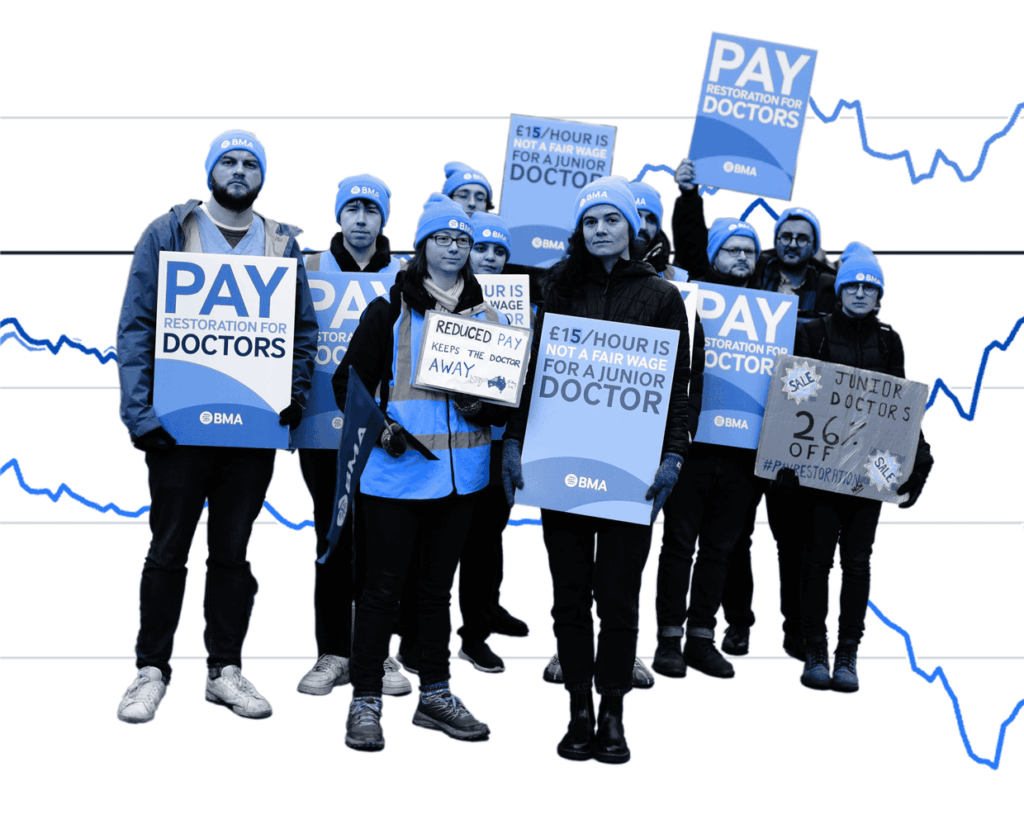
Resident doctors in England have voted overwhelmingly to strike amid ongoing concerns regarding stagnant wages. The decision, announced on April 10, 2024, reflects growing frustration over real-terms pay cuts since 2008. With many junior doctors feeling undervalued, the strike signals a critical moment for the National Health Service (NHS) and its workforce.
The British Medical Association (BMA), representing these doctors, conducted the vote, revealing that over 90% of participants supported industrial action. This figure highlights the depth of discontent among resident doctors, who argue that their pay has not kept pace with inflation and the rising cost of living. According to BMA data, the average salary for these doctors has dropped in real terms by approximately £14,000 since 2008.
Impact of Pay Cuts on Healthcare Workforce
The implications of this pay dispute extend beyond just financial grievances. Many resident doctors have reported feeling overworked and underappreciated, leading to burnout and a potential exodus from the profession. The NHS, already grappling with staffing shortages, could face further challenges if junior doctors choose to leave rather than endure stagnant pay.
Recent figures show that junior doctors often work upwards of 70 hours a week, with salaries starting at around £28,000 annually. Despite their commitment and long hours, the pay remains a contentious issue. As inflation continues to rise, the purchasing power of these doctors has significantly diminished, prompting calls for urgent reform.
The BMA argues that fair compensation is essential not only for the well-being of doctors but also for the quality of care provided to patients. The organization has emphasized that addressing pay discrepancies is crucial to retaining staff and ensuring the NHS can operate effectively.
Looking Ahead: Negotiations and Potential Outcomes
The strike vote has prompted discussions about the potential for negotiations between the BMA and the government. Both parties are under pressure to find a resolution that addresses the concerns of resident doctors while maintaining the stability of the NHS. The government has yet to respond to the strike vote, leaving many in the healthcare sector anxious about the future.
As the situation unfolds, the focus will remain on how effectively the government can address these pay concerns. With a looming strike, the potential disruption to healthcare services could affect patients across England, making it imperative for all sides to engage in meaningful dialogue.
The outcome of this dispute will not only shape the future of resident doctors but also influence the broader landscape of healthcare in England. As the NHS continues to navigate financial challenges, the need for fair compensation and support for its workforce has never been more urgent.






